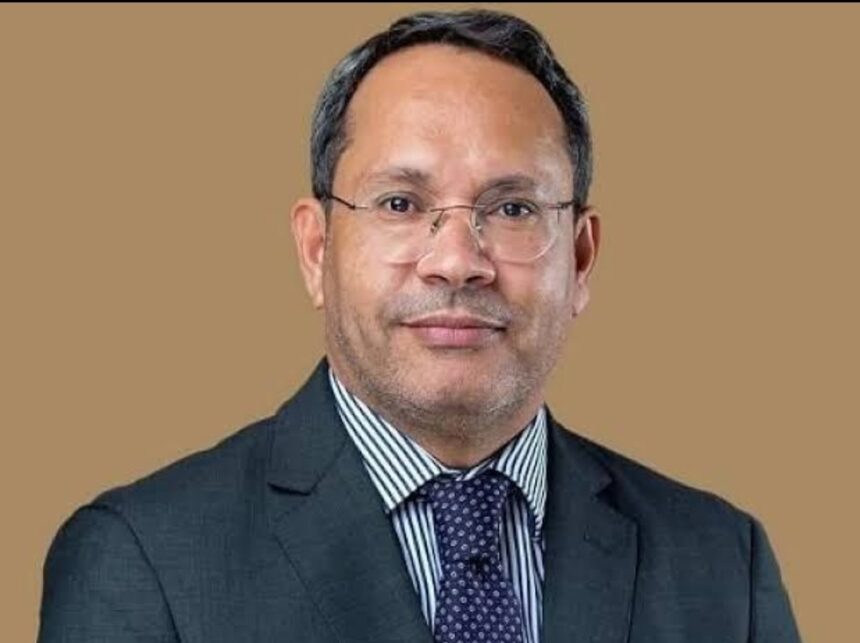 In a dramatic turn of events, Libyan Minister of State, Adel Juma, narrowly escaped an assassination attempt in Tripoli, the capital city of Libya. The incident occurred late on Tuesday evening, sparking widespread alarm and raising serious concerns over the escalating violence in the region. While Juma’s vehicle was ambushed by gunmen, sources confirm that the minister survived the attack, though several of his bodyguards were injured in the exchange of fire.
In a dramatic turn of events, Libyan Minister of State, Adel Juma, narrowly escaped an assassination attempt in Tripoli, the capital city of Libya. The incident occurred late on Tuesday evening, sparking widespread alarm and raising serious concerns over the escalating violence in the region. While Juma’s vehicle was ambushed by gunmen, sources confirm that the minister survived the attack, though several of his bodyguards were injured in the exchange of fire.
Juma, who has been a key figure in the Libyan government, was traveling through a central part of Tripoli when his convoy came under fire from unknown assailants. The gunmen reportedly opened fire on the convoy in an attempt to target the minister. Security personnel responded swiftly, and a firefight ensued, eventually leading the attackers to retreat. Despite the severity of the situation, Juma was unharmed, though he is said to be shaken but in good health.
The attack comes at a time of heightened political instability in Libya, a country that has long struggled with civil unrest and conflict since the fall of Muammar Gaddafi in 2011. Various factions vying for power, including rival militias, have contributed to an environment marked by violence and insecurity. While no group has claimed responsibility for the assassination attempt, there are fears that the incident could signal the beginning of a new wave of targeted political violence.
Juma, appointed as Minister of State, has been involved in attempts to mediate peace and bring stability to the war-torn country. His role has made him a target for various groups with competing interests in Libya’s political landscape. Local analysts suggest that the assassination attempt could be linked to his efforts to pursue a path of reconciliation, which may have made him a target for those opposed to peace talks and compromises.
The assassination attempt has raised concerns about the safety of Libyan government officials and the viability of the current political process. Critics argue that the government is failing to secure the country and protect its leadership, which may further erode public trust in the central authority. Meanwhile, international reactions to the attack have been swift, with foreign governments expressing support for Juma’s survival and condemning the act of violence.
The United Nations and the European Union have both issued statements calling for an independent investigation into the attack. The UN Mission in Libya (UNSMIL) has underscored the need for greater security and stability to enable political dialogue and peacebuilding efforts. The EU, too, has voiced concern, reiterating its commitment to supporting Libya’s path to peace and security.
As the investigation into the assassination attempt unfolds, many are questioning the effectiveness of the security forces in Tripoli, which have long struggled to maintain control in the face of fragmented political and military authority. Furthermore, there are growing concerns about the capacity of the Libyan state to provide safety to its citizens and government officials, given the ongoing threats posed by armed groups and militias.
Adel Juma’s survival is a significant development in an increasingly volatile situation in Libya. The attack underscores the complexity of the country’s political crisis and the deep divisions that persist within its leadership. While the country’s future remains uncertain, this brazen act of violence highlights the urgent need for a comprehensive strategy to restore peace and security in Libya.

